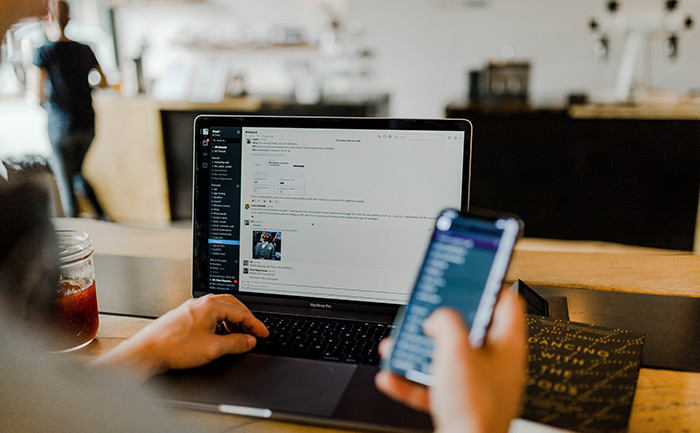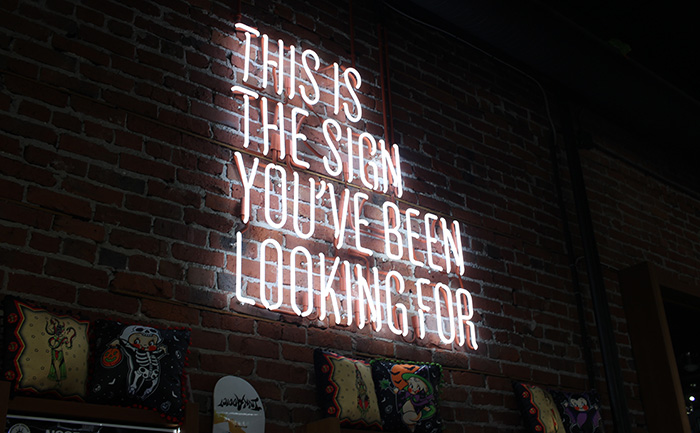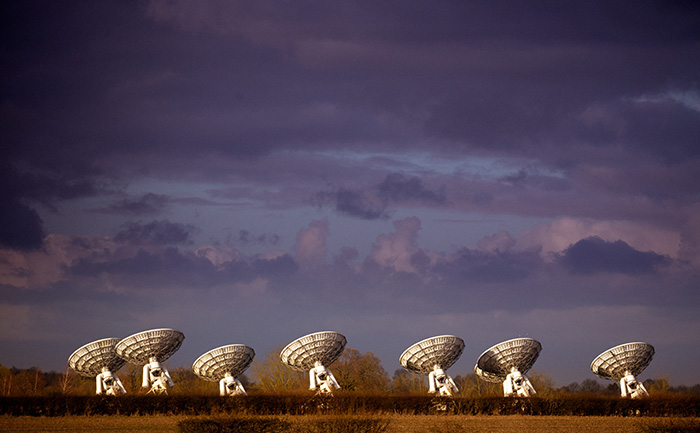
Mastering Event Communications
Organizing a successful event requires meticulous planning, and one key aspect often overlooked is effective event communication with attendees. The way you notify and communicate with participants can greatly impact their experience. Here’s a guide on how to best notify attendees with regard to event communications.
Utilize Multiple Event Communications Channels:
Don’t rely on a single communication channel. Utilize a combination of emails, text messages, and social media platforms to reach your audience. Different people prefer different channels, this ensures that your message reaches everyone.
Create a Detailed Schedule:
Provide attendees with a comprehensive schedule well in advance. Clearly outline the timing of each session, keynote speakers, and any changes that may occur. A well-organized schedule helps attendees plan their time and ensures they don’t miss out on important aspects of the event.
Send Reminders
Send timely reminder emails leading up to the event. Include important details such as venue directions, parking information, and any items they need to bring. These reminders help keep the event on their radar and reduce the likelihood of last-minute hiccups.
Use Push Notifications for Mobile Apps:
If your event has a dedicated mobile app, leverage push notifications. These instant alerts can provide real-time updates, changes in schedule, or emergency information. This keeps attendees informed and engaged throughout the event.
Implement an RSVP System:
Request attendees to confirm their attendance through an RSVP system. This helps you plan for the number of participants but also allows you to send targeted communications to those who have confirmed their attendance.
Design Engaging Content:
Make your communications visually appealing and easy to digest. Use bright graphics, infographics, and concise language to convey information. Engaging content is more likely to capture attention and be remembered.
Establish an Event Communications Hub:
Set up a dedicated webpage or communication hub where attendees can find all relevant information. This centralized hub can include FAQs, contact details, and any updates or changes. This ensures attendees have a go-to resource for information.
Effective event communication is about providing clear, timely, and accessible information. By utilizing various channels, creating detailed schedules, sending reminders, utilizing technology, implementing RSVP systems, designing engaging content, and establishing a communication hub, you can ensure that your event communication strategy is comprehensive and attendee-focused.









